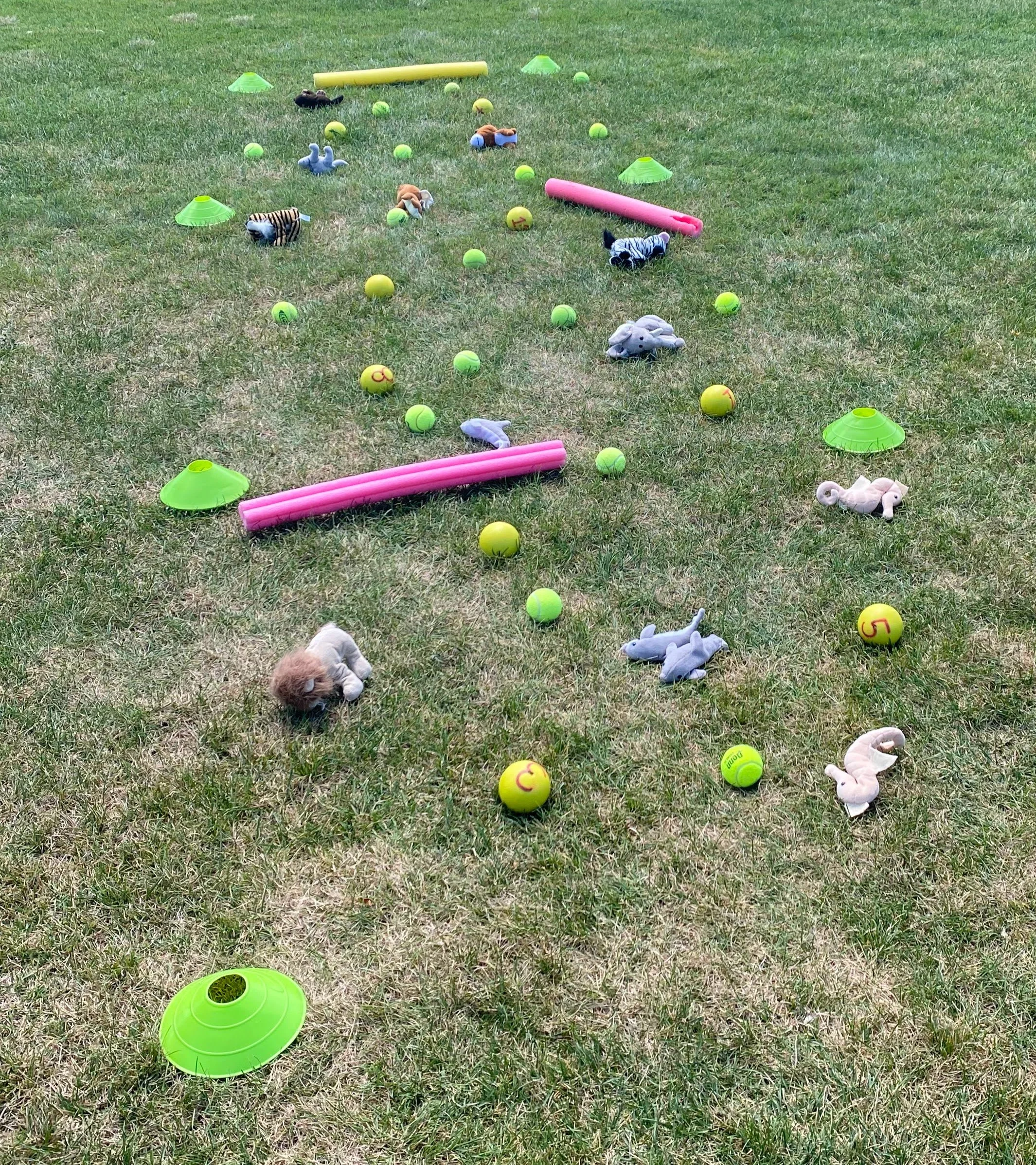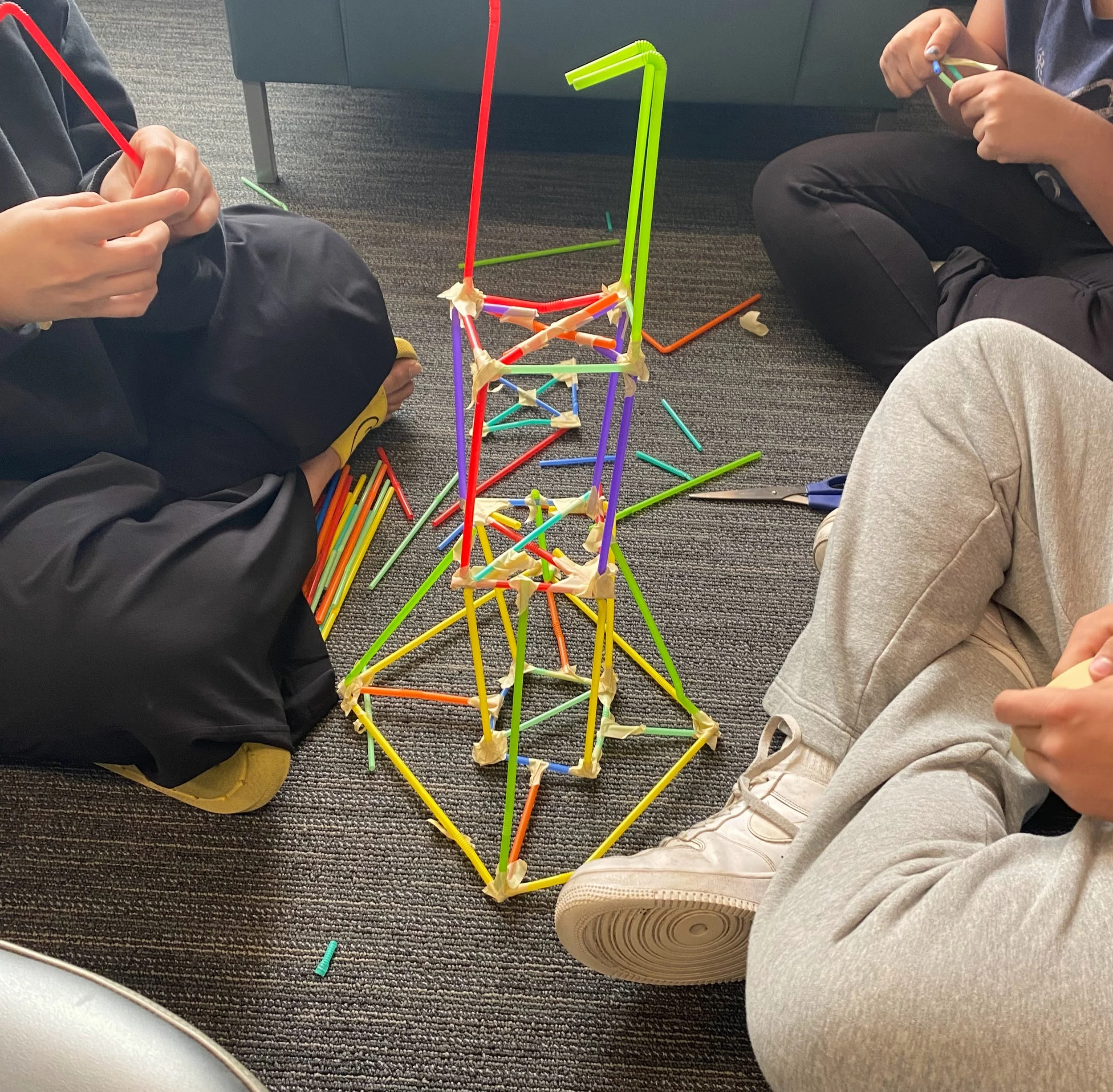
For Professionals Working with Teens
The Referral That Makes You Look Like a Hero
Your Most Challenging Cases, Solved
30-40% of teens show minimal engagement with traditional interventions despite varied professional approaches - whether therapy, coaching, school support, or transitional services.
You know the pattern:
• Poor attendance or passive participation
• Insights that never translate to behavioral change
• Plateau after initial progress
• Parents questioning intervention effectiveness
Whether you're a therapist, school counselor, parent coach, educational consultant, or transition specialist - what if these "difficult" cases just need a different approach?
How This Serves Different Professional Specialties
Mental Health Professionals: Enhanced engagement with treatment-resistant cases, concrete skill development supporting therapeutic goals, measurable behavioral improvements
School Counselors & Educational Consultants: Observable behavior change, improved executive functioning, increased school engagement and peer interaction
Parent Coaches & Family Specialists: Reduced family conflict through teen capability building, shift from management to mentorship dynamics, concrete progress parents can see
Transition Specialists: Continued capability development for teens returning from residential or wilderness programs, real-world skill application, sustainable growth momentum
All professionals benefit: You get credit for finding the approach that finally worked, enhanced reputation for successful outcomes with challenging cases
You've likely experienced this frustrating pattern:
When Your Clients Know the Skills But Can't Use Them
I specialize in teens who need something completely different.
The ADHD teen who can articulate executive functioning strategies perfectly but can't organize their actual backpack. The anxious client who knows every coping skill but has never practiced them under real stress. The teen with autism who spirals in negative anticipation all week, even though you know they'd succeed if they could just show up. The teen returning from residential who processes beautifully but can't transfer insights to daily life. The neurodivergent adolescent who needs concrete challenge, not more abstract discussion. The capable teen who's been "therapized to death" but still can't take action when it matters.
Your clients can write the book on the skills you've taught them - but they need a reason to actually use those skills.They need real-world application that your office setting simply cannot provide, no matter how skilled you are.
You know what they're capable of. You just can't take them there.
These teens don't need more traditional interventions. They need mentorship through challenge.
Research shows adventure-based approaches produce 3.4x greater improvement in behavioral measures with 85% engagement rates among treatment-resistant populations.
Why? Because some teens need to prove they're stronger than their problems, not just understand them.
This understanding shapes how we can work together to serve these teens:
My Professional Background
Clinical Foundation with Adventure Expertise
Education & Certifications:
Master's in Holistic Counseling – clinical foundation in developmental psychology, trauma-informed care, and family systems
AMGA Certified Climbing Instructor – technical expertise in safe, progressive challenge design in both indoor gym and outdoor single pitch settings.
5+ years coordinating adventure programming in intensive therapeutic settings
Specialized training in risk management and emergency response protocols
Clinical Experience: I've worked extensively with therapy-resistant teens across the neurodevelopmental spectrum – autism, ADHD, anxiety, depression, executive functioning challenges, and complex behavioral presentations. As the Experiential and Adventure Programming Coordinator at a specialized counseling center, I developed challenge-based interventions that succeeded where traditional approaches plateaued.
What distinguishes my approach: The combination of clinical training with genuine adventure expertise. I understand both the therapeutic principles and the technical skills needed to create safe, meaningful challenges that build real capabilities rather than just insights.

Professional Testimonials
Two Ways This Works
Direct Referral (Primary)
When teens need an alternative to traditional interventions, I become their primary provider through real-world capability coaching, challenge-based development through climbing, and breakthrough wilderness experiences.
Collaboration (When Appropriate)
For complex cases needing both approaches, we coordinate while you handle specialized work like trauma processing or family systems. You maintain the therapeutic relationship while I provide specialized intervention in areas where challenge-based approaches excel.
Either way, you get credit for finding the solution they needed.
Experiential Program Development & Staff Training
I provide consultation for therapeutic programs and organizations integrating experiential learning into existing services:
Experiential initiative design – challenge-based activities that build group cohesion and individual capabilities
Staff training in facilitation techniques – experiential learning principles and group facilitation methods
Clinical integration – connecting experiential activities to therapeutic outcomes
Risk management protocols – maintaining safety during experiential programming
Specialized adaptations – modifying approaches for neurodivergent participants
Recent consultation includes staff training for intensive outpatient programs, developing initiative-based programming for therapeutic settings, and teaching facilitation techniques to clinical staff.
Ready to Discuss a Specific Case?
Free consultation to explore whether challenge-based mentorship is the alternative a particular teen needs, or if collaborative care would serve them best.
Simple. No pressure. Professional to professional.








